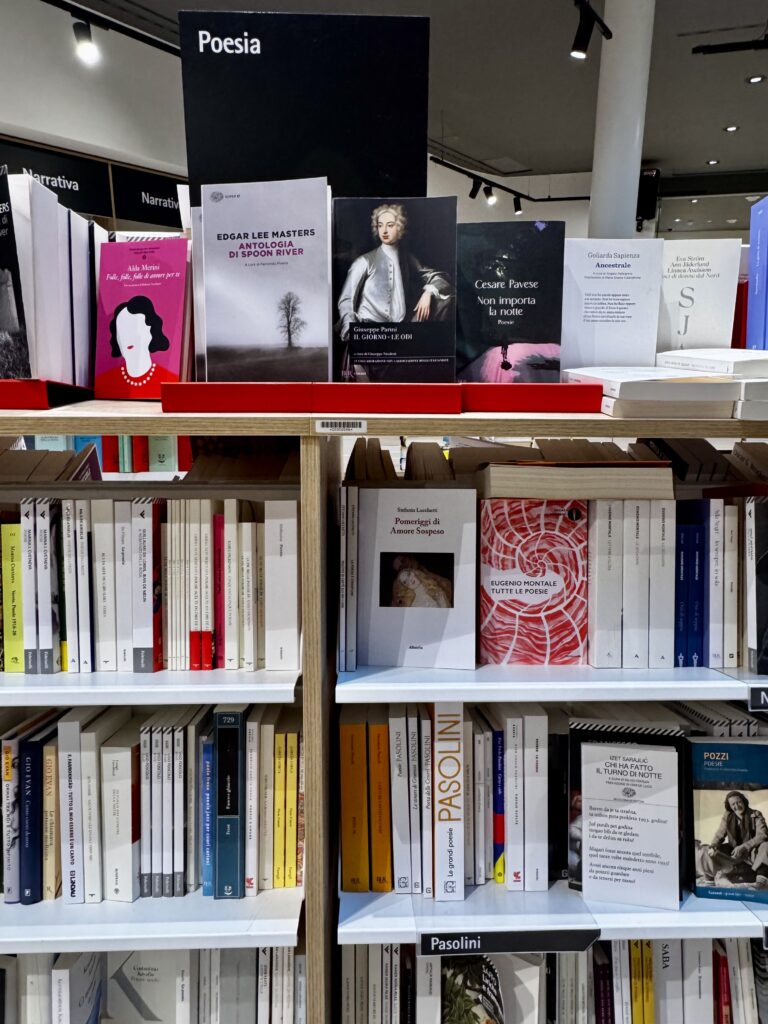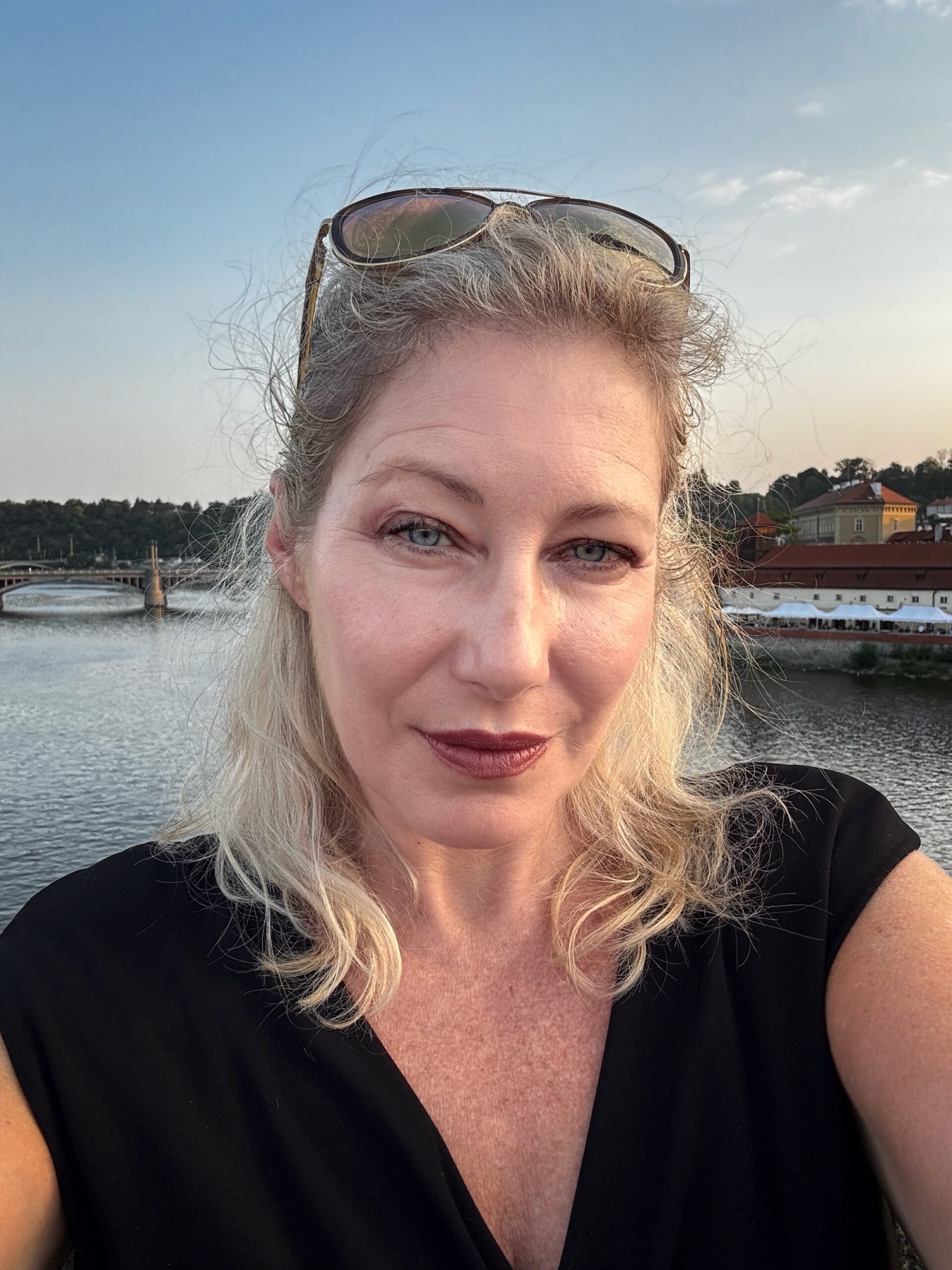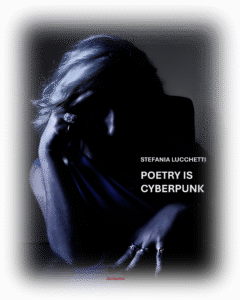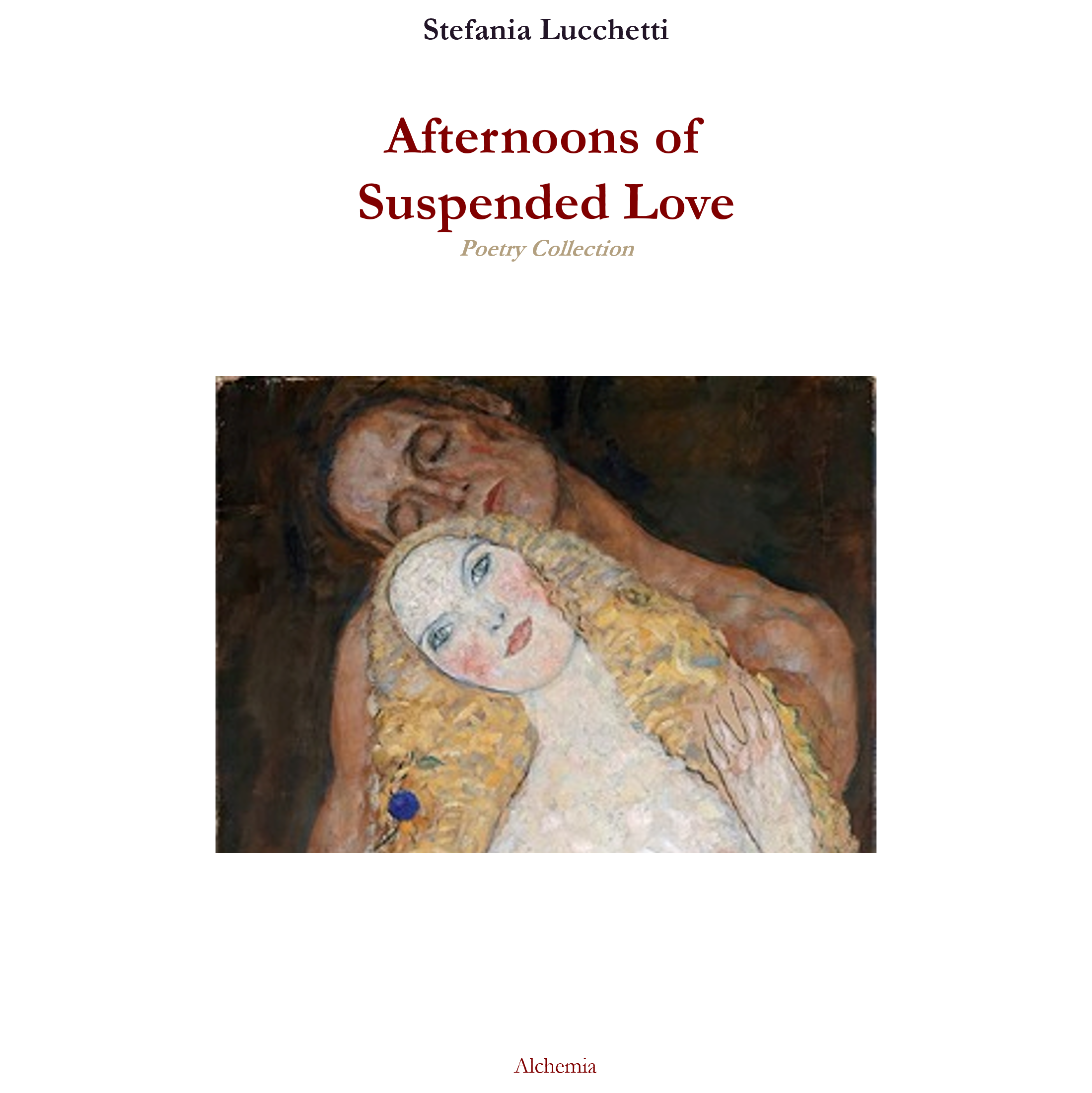Photo: Stefania Lucchetti o n the Charles Bridge over the Vitava River, Prague
Read this essay in Italian/Leggi questo articolo in italiano
Sign up through the form to read my blog on the substack app or receive it by email.
This summer, for reasons of economy, logistics, and simple weariness, we had at first decided to stay in our beach house and not travel. My husband, who is away every week on work travels, wished to rest in one place. I, on the other hand, too bound to home between children and work, felt an urgent need for change.
In truth, the same discussion comes up every summer: I, worn down by remaining in one place and by the long school holidays, months spent caring for my three children, charming but intense, and he, exhausted by constant movement.
The compromise was a relatively short trip within Europe, to Prague. The drive became our opportunity to exchange our thoughts.

Photo: Hiking in Prachov Rocks,Czech Republic
Although my husband loves to travel, he confided that the endless succession of hotels feels to him like an existential cry. Wherever he goes, the rooms all look the same. Hotel receptions, the ultimate “non-places,” merge into an indistinct cultural mélange where every specificity is erased. What strikes him most, and disturbs him, are the green shampoo and shower gel dispensers, always identical. With his philosophical temperament, he sees in this a double truth: on the one hand, a lucid metaphor for human existence, repetitive and unchanging; on the other, a symbol of the depersonalizing acceleration of our society.
On the other hand, I always travel with great enthusiasm at the moment. For me, travel is tension and discovery. A simple change of scene, even dinner somewhere new, not necessarily exceptional but different, brings a rush of mental freshness. It is a chance to step away from routines, even the most virtuous and healthy ones.
I love being carried away, for a set time, by constant movement, which frees me not only from the need but also from the possibility of doing what I always do. Traveling with three children disrupts my routines. The day turns chaotic, and I cannot complete tasks that in my restless working mind I decided need to be done even during travel. While this inevitably frustrates me, deep inside it is what I strive to accept as I believe that in order to change one must accept becoming messy.

Photo: the perfectly symmetrical structure of the historical ceiling of the National Museum in Prague
Our daily routines, which are necessary to be functional and productive, are safe, clean, and productive, but travel breaks the daily loop and forces us to see ourselves with new eyes. Rather than being a holiday to find oneself, for me travel, no matter how tiring, is a holiday from oneself. From our routines, whether functional or dysfunctional, virtuous or chaotic, it does not matter: they are always the pre-recorded video of our life, a mirror that reflects the same image. Stepping outside ourselves forces us to reconsider both them and ourselves. It obliges us to waste time, as one might get lost in an unfamiliar city, or linger over breakfast in a garden.
In the words of philosopher Alan Watts (The Wisdom of Insecurity, 1951): “We must repeat: memory, thought, language and logic are essential to human life. But a person, a society, which is only half sane is insane.”
In the same way, spending more time together, even with older children who, when we are at home, are often occupied with friends and sports, makes me think about arguments. Remaining in the same relational patterns, even when they work, is tidy and ordered, but it keeps us on the surface. We hold back from saying certain things for fear of disturbing the balance. Arguing, instead, is like traveling: it inevitably changes you, makes you messy, and forces you to go deeper.
And if you are looking to see a romantic twist in a good argument, the poem All the Dirt, in the collection Afternoons of Suspended Love, speaks precisely of this.
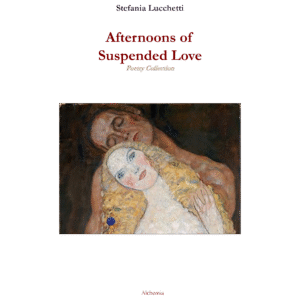 Afternoons of Suspended Love (English edition) : marital love narrated with a warm and sensual voice
Afternoons of Suspended Love (English edition) : marital love narrated with a warm and sensual voice
Stefania Lucchetti is a CONTEMPORARY ITALIAN POET. She is bilingual (Italian-English) and writes in both languages, curating her own translations.
Her bibliographical profile is listed in the prestigious Italian Poetry Org. Stefania Lucchetti’s books have been tagged as “the message of the times” and regularly defined as “life changing” by readers. Born in 1975 in Verona, Italy, she saw her first poetry published at 13 while living in the US with her family, marking the beginning of a long journey as wordsmith. In adulthood, Stefania pursued a remarkable career in international law, traversing through Milan, London and Hong Kong as a respected international commercial lawyer. While during her professional years she authored business books and essays, she is now back to her first love: poetry.
Lucchetti is author of the poetry collections: La poesia è cyberpunk (Albatros, 2025) – bilingual, Pomeriggi di amore sospeso (Albatros, 2025) – bilingual, Macchie di caffè sui miei libri (Albatros, 2024) – bilingual.
She also published: Women Breaking Though Leadership (Hong Kong, 2012); The Principle of Relevance – The Essential Strategy to Navigate Through the Information Age (Hong Kong, 2010); Ideas in Reality (Hong Kong, 2011); Dinamiche relazionali e decisionali dei gruppi di lavoro virtuali (Milano, 2024).
